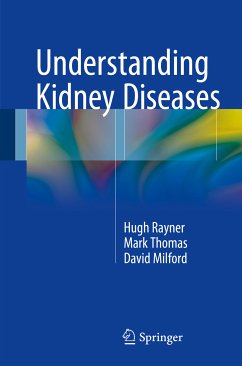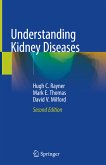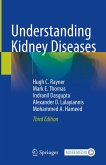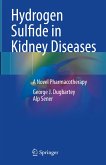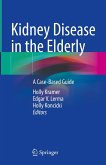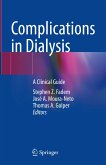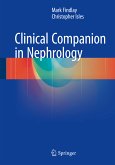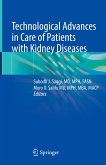Understanding Kidney Diseases includes numerous case studies and charts based upon patients' data to help students, residents and fellows develop their knowledge and skill in managing patients.
Dieser Download kann aus rechtlichen Gründen nur mit Rechnungsadresse in A, B, BG, CY, CZ, D, DK, EW, E, FIN, F, GR, HR, H, IRL, I, LT, L, LR, M, NL, PL, P, R, S, SLO, SK ausgeliefert werden.

